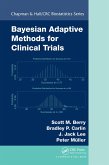
eBook, ePUB
19. Juli 2010
Taylor & Francis eBooks
| Broschiertes Buch | 69,99 € | |
| eBook, PDF | 47,95 € |
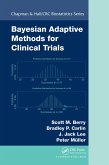
eBook, PDF
19. Juli 2010
Taylor & Francis eBooks
Gebundenes Buch
Methods and Applications
11. November 2022
Chapman and Hall/CRC / Taylor & Francis
| eBook, ePUB | 52,95 € | |
| eBook, PDF | 52,95 € |
eBook, PDF
11. November 2022
Taylor & Francis eBooks
eBook, ePUB
11. November 2022
Taylor & Francis eBooks
Ähnliche Artikel
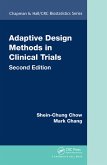
eBook, ePUB
1. Dezember 2011
Taylor & Francis eBooks
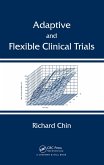
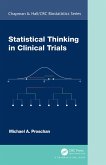
eBook, ePUB
23. November 2021
Taylor & Francis eBooks
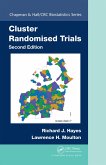
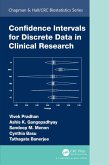
eBook, ePUB
14. November 2021
Taylor & Francis eBooks
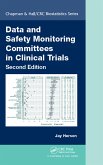
eBook, ePUB
19. Dezember 2016
Taylor & Francis eBooks
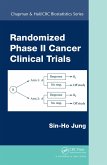
eBook, ePUB
2. Mai 2013
Taylor & Francis eBooks
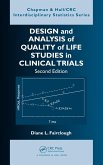
eBook, ePUB
7. Januar 2010
Taylor & Francis eBooks
Ähnlichkeitssuche: Fact®Finder von OMIKRON
